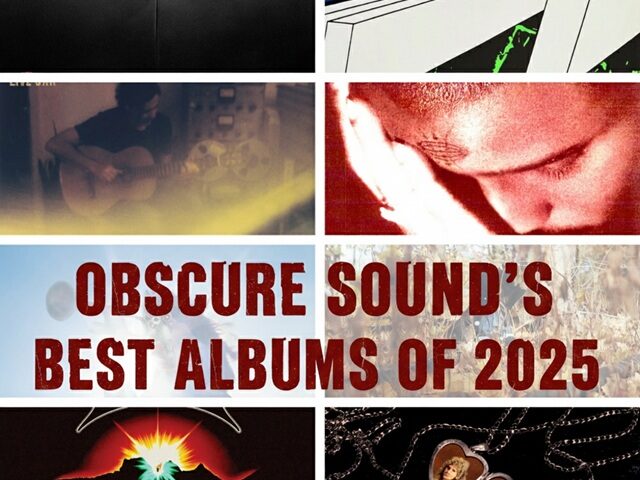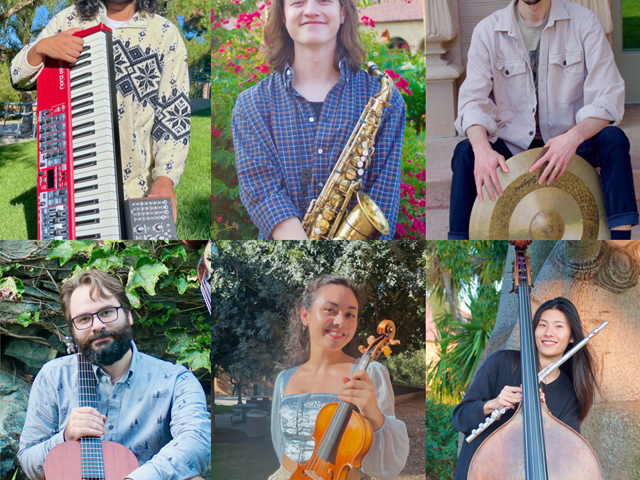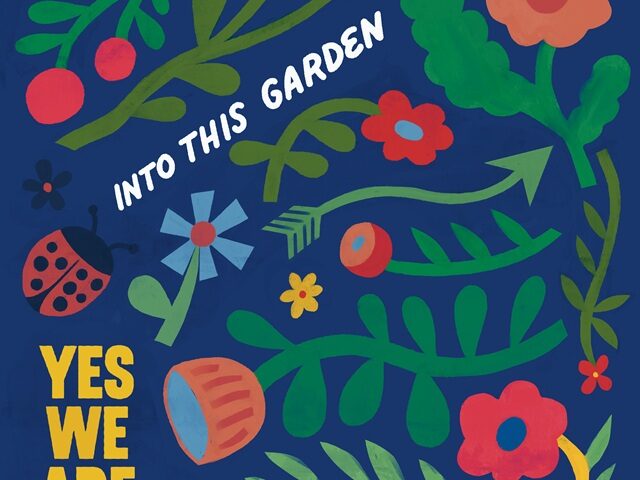Social media has transformed how music reaches audiences. Musicians can bypass traditional routes like record deals and media coverage to connect directly with fans worldwide, which allows independent artists to gain traction and grow their careers without corporate backing.
Using social media effectively helps bands expand their audience, strengthen their brand and stay relevant in a competitive industry.
Why Social Media Matters for Bands
Music has always been universal, but access has changed dramatically. Traditional routes were once the only path to recognition, but digital platforms now let artists connect directly with listeners.
Rapid advances in technology have democratized cultural creation, but to stay relevant, many must maintain high-quality content and a steady flow of media. This needs careful planning and financial considerations. Keeping audiences engaged beyond a launch is crucial, as musical products have shorter life cycles. Musicians must also sharpen creative skills and develop digital marketing and social media expertise.
Music is essential in social media interactions, with nine out of 10 regular users engaging in music-related activities on major platforms. Today, musicians dominate the most-followed accounts on X, holding six of the top 10 spots.
One key reason is that social media removes geographical barriers to enable the sharing and promoting music globally. It lowers entry barriers for both artists and fans, boosting reach, engagement and direct connections. Beyond sharing information, social media creates interactive spaces where audiences can experience music, helping artists expand their visibility and impact.
Shaping Your Identity and Audience Online
One of the clearest examples of music’s universal reach today is its presence on social media. Musicians rely on platforms like Facebook, Instagram, X, Snapchat and YouTube for promotion throughout their creative journey. Emerging artists often use viral challenges, covers of popular songs, and varied video content to shape perceptions and define their identities.
These platforms let artists express themselves, connect with peers and grow their fan base. Audiences engage more openly since social media removes the need for face-to-face interactions. In fact, about 90% of consumers make purchases from brands they follow on social media, highlighting the power of these connections.
Using Data to Guide Strategy
Musicians active on social media can tap in to user-generated content for valuable marketing insights. This information often shapes how they approach music creation and release strategies. It even influences what comes afterward, such as planning small-scale entertainment events.
A good example is online tutorials and lessons. Articles and videos about learning instruments — such as guitar tutorials for beginner to advanced levels — can increase engagement. Users may comment while sharing progress and practice videos. Artists can then analyse this activity to see what resonates most with audiences and adjust their strategies accordingly.
Connecting with Fans
Social media and new media platforms connect musicians with their audiences more directly than ever. This interaction makes fans feel part of the process while motivating artists to create better music. A clear example of this dynamic is the rise of fan communities. BTS fans call themselves the “Army,” while Taylor Swift’s followers are known as “Swifties.” These groups share news and updates, support their favorite people, and build strong bonds among themselves.
Being part of such a community gives listeners a sense of belonging, unity and pride. This deeper connection can make them more engaged with the music — they enthusiastically listen, discuss and promote it. This dynamic strengthens both the audience and the creator.
Collaborating and Expanding Influence
New media has also made music more diverse. Musicians from different cultures can now easily connect and collaborate, while more people have access to tools to produce music themselves. This openness brings fresh styles and perspectives into the industry, enriching its overall landscape.
Moreover, collaboration with influencers and digital magazines highlights how musicians must think beyond the song itself and cultivate a more human brand. These partnerships allow artists to build emotional connections, spark moments that audiences remember and stay relevant in a crowded feed.
Posting Content That Boosts Popularity
Posts highlighting achievements like concerts, awards, or upcoming shows generate interest and strengthen the brand. Casual photos or behind-the-scenes glimpses with fellow artists can enhance charisma and foster a connection with fans. However, using these sparingly is important, as excessive posting may lead to a decline in sales.
There are other types of posts that damage popularity and decrease bookings, like excessive label promotions or unrelated activities. The most effective approach is straightforward — concentrate on the music and the experiences that inspire fans to listen, share, and attend.
The Power of Connecting Online
Social media became a critical part of building a career. It helps artists reach audiences directly, showcase their creativity and grow loyal fan bases. Using data and audience feedback ensures music and content resonate with fans.
Collaborations and strategic content allow musicians to cultivate a human brand that connects emotionally with audiences. Ultimately, bands that master social media engagement can increase visibility, boost popularity and create meaningful connections that sustain their career over the long term.





